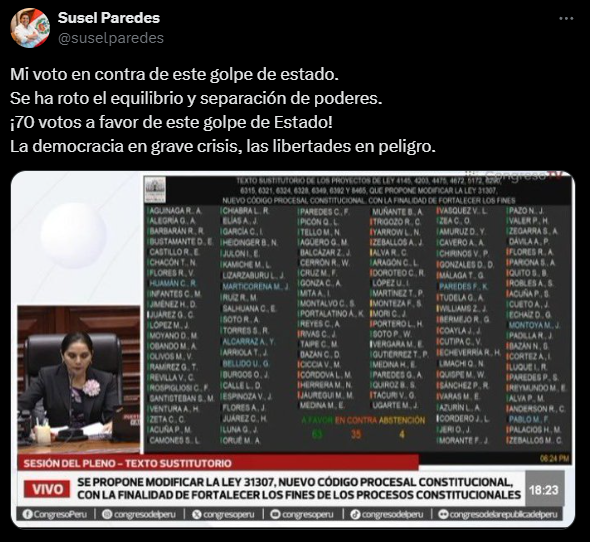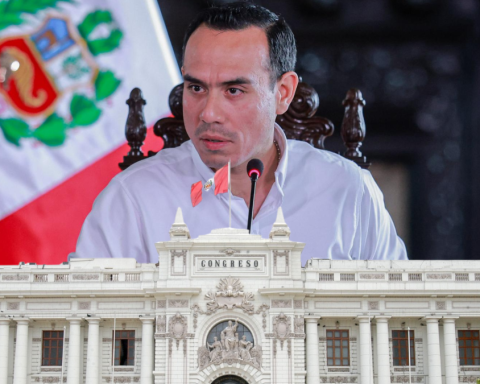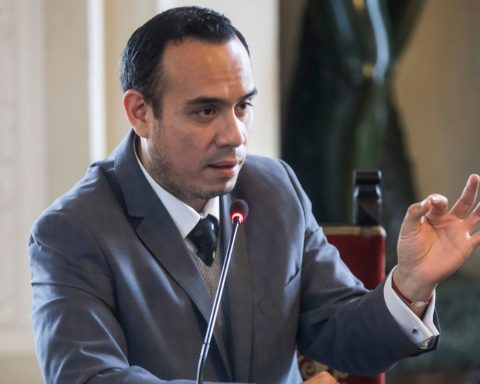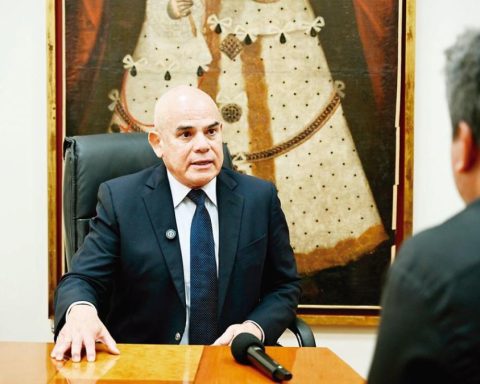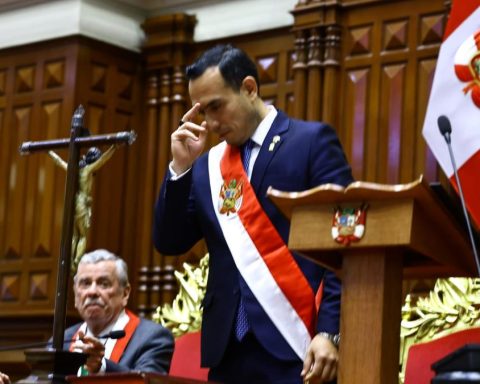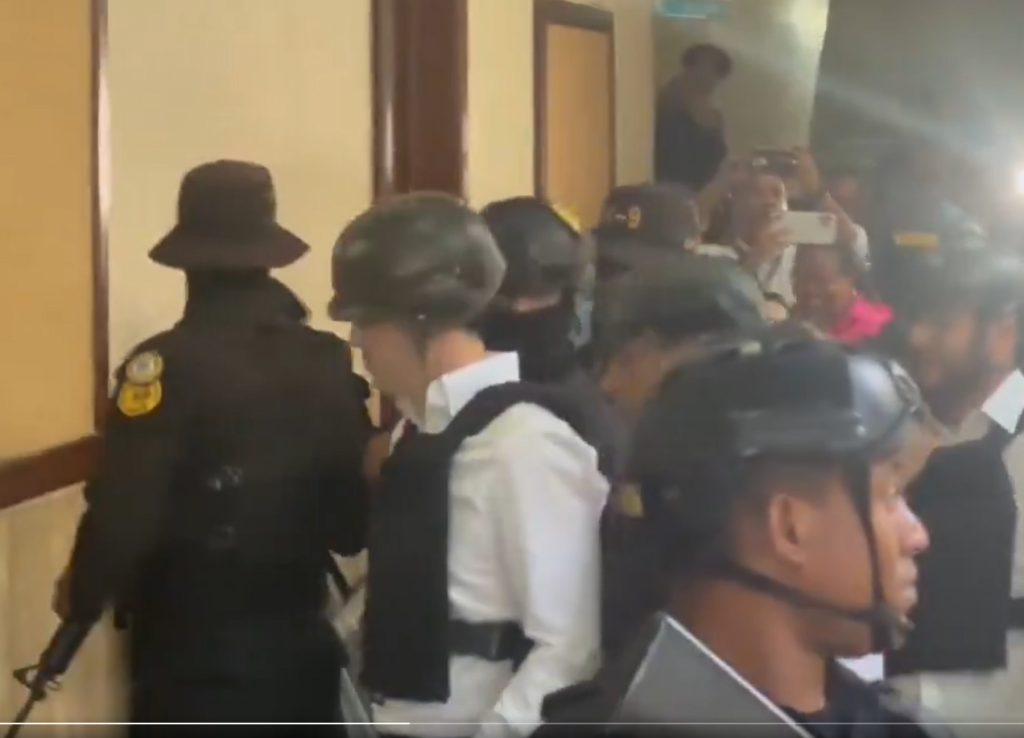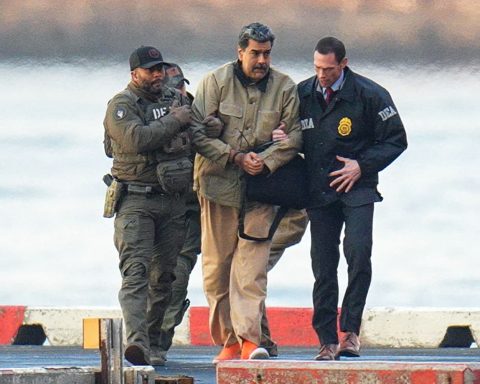Congresswoman Susel Paredes spoke through her social networks to describe it as a “coup d’état” the decision of the Plenary to approve in the first instance the law that modifies the New Constitutional Procedural Code and highlighted his vote against the ruling. Paredes denounced that the approval, with 70 votes in favor, breaks the balance and separation of powers, which, in his opinion, places democracy in a serious crisis.
“My vote against this coup d’état. The balance and separation of powers has been broken 70 votes in favor of this coup d’état! “Democracy in serious crisis, freedoms in danger,” reads the publication in ‘X’, formerly Twitter. The opinion was approved in the Plenary of Congress with the support of the groups: Fuerza Popular, Alianza Para el Progreso, Podemos Peru, Peru Libre, Popular Action, Magisterial Bloc, Avanza País and Somos Perú.
As La República reported, before the approval, the spokesperson for Fuerza Popular, Arturo Alegría, requested a reconsideration to repeat the vote on the project, since initially The opinion had only obtained the support of 64 congressmen. This time, the reconsideration received 72 votes in favor, after Alegría held conversations with Popular Action parliamentarians, Elvis Vergara and Luis Aragón, according to congressional sources.
What is the opinion approved in the Plenary of Congress about?
The opinion approved by the Congress of the Republic seeks to reduce the votes from six to four necessary in the Constitutional Court (TC) to resolve jurisdictional claims, as part of a modification of the New Constitutional Procedural Code. This law would have a direct impact on the jurisdictional lawsuit presented by Congress against the Judiciary, related with the precautionary measure that ordered the temporary reinstatement of the judges of the National Board of Justice (JNJ), Inés Tello and Aldo Vásquez. The main objective of the ruling is to facilitate the validation of Congress’s decision to disqualify both councilors, which would affect the composition of the JNJ.
The ruling also establishes a special procedure for lawsuits against exclusive decisions of Congress, such as constitutional accusations, which must be resolved within 60 days without the possibility of precautionary measures. After the approval of the law, Fernando Rospigliosi, president of the Constitution Commission, highlighted that it would prevent “politicized” magistrates block decisions of Congress. The law must still be put to a second vote before being sent to the Executive for promulgation.
